
Starting From
Interest Rate
Bill discounting is a financial transaction where a company sells its unpaid invoices to a financier, such as a bank, for immediate cash. This allows the company to access short-term financing and maintain its working capital. It’s particularly useful in cases where a buyer purchases goods on credit through a letter of credit. Also known as invoice factoring, this process is regulated by the Negotiable Instruments Act, 1881.
Bill discounting is an efficient financial tool that offers businesses much-needed liquidity without adding debt. By selling their invoices at a discount, companies can ensure smooth operations, reduce risks, and focus on growth.
Networth Advisory provide loans from multiple trusted BANKS and NBFC
We provide only Purchase invoice discounting from trusted banks and NBFC at affordable interest rate and minimum cibil score.
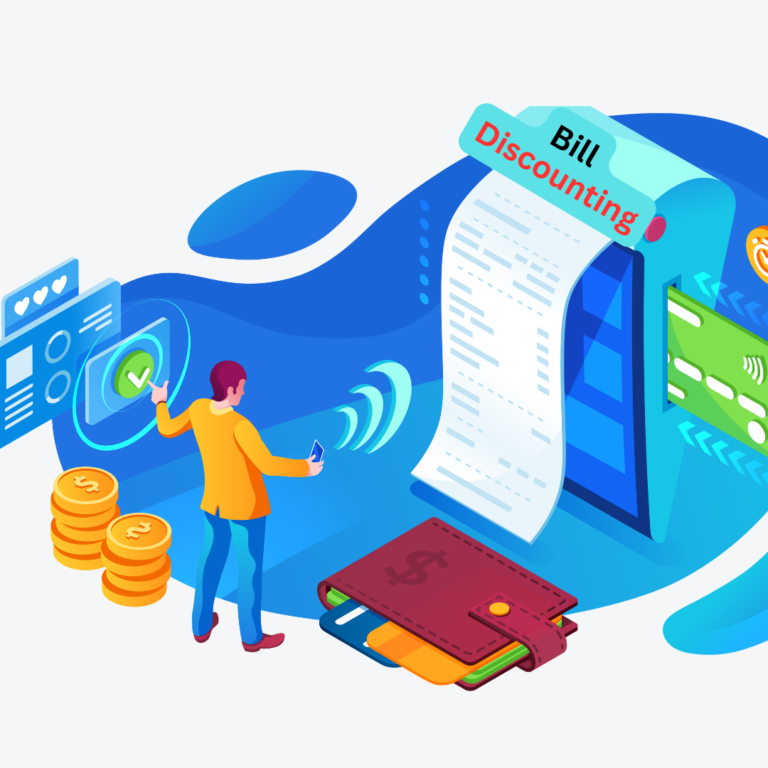
Purchase invoice discounting is typically available to businesses engaged in manufacturing, trading, or service industries that deal with other businesses. One of the major factors in bill discounting eligibility is the creditworthiness of the business seeking the facility.
Purchase invoice discounting is a limit given by the bank to the supplier or the seller of goods and services by which the manufacturer or business buy the raw material without paying the bill only submit the invoice on the bank private application.
But here one condition implies the amount of payment between 10 lakh to 1 crore.
The maturity date of a bill means the date on which payment of the invoice is due.
Maturity timelines offered: 30, 60, 90, or 120 days.
There are 3 key players in the Purchase invoice discounting process:

A drawer is a company or a Seller that sells goods or services to its clients and is entitled to receive money at a later date.
A drawee is the purchaser of goods or services, responsible for making a future payment in exchange. Esentially, the drawee is the debtor of the drawer, on whom the bill of exchange is issued.


A payee refers to the individual or entity that receives the payment. When the drawer negotiates the bill with a bank or non-banking financial company (NBFC), the bank or NBFC assumes the role of the payee.
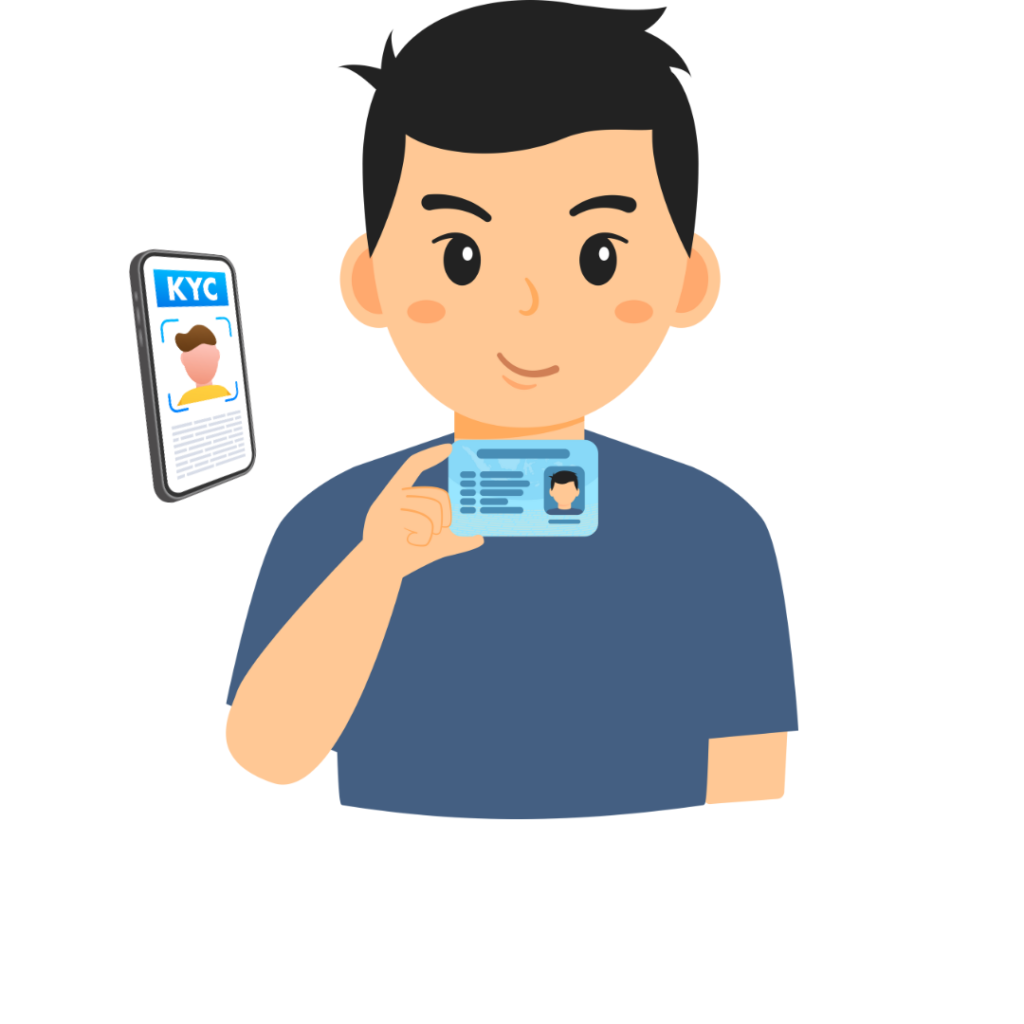
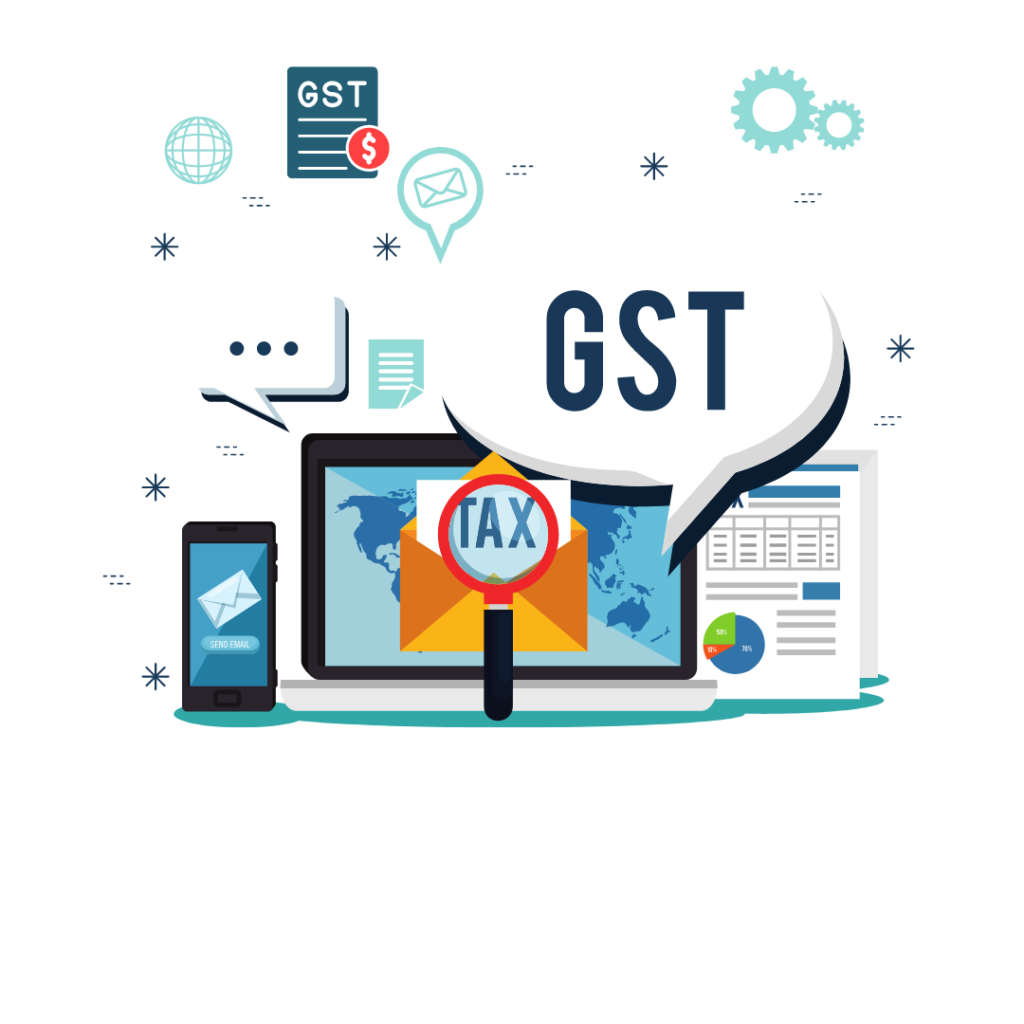

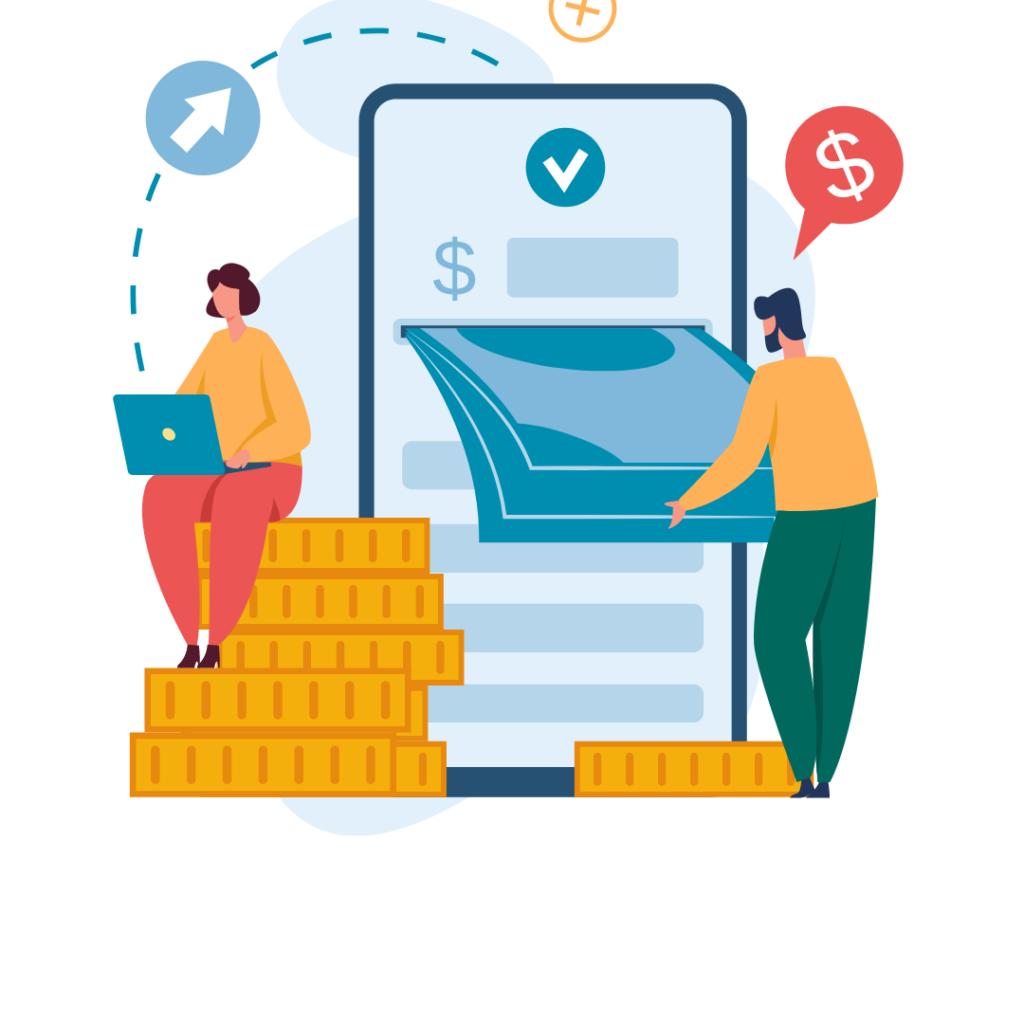
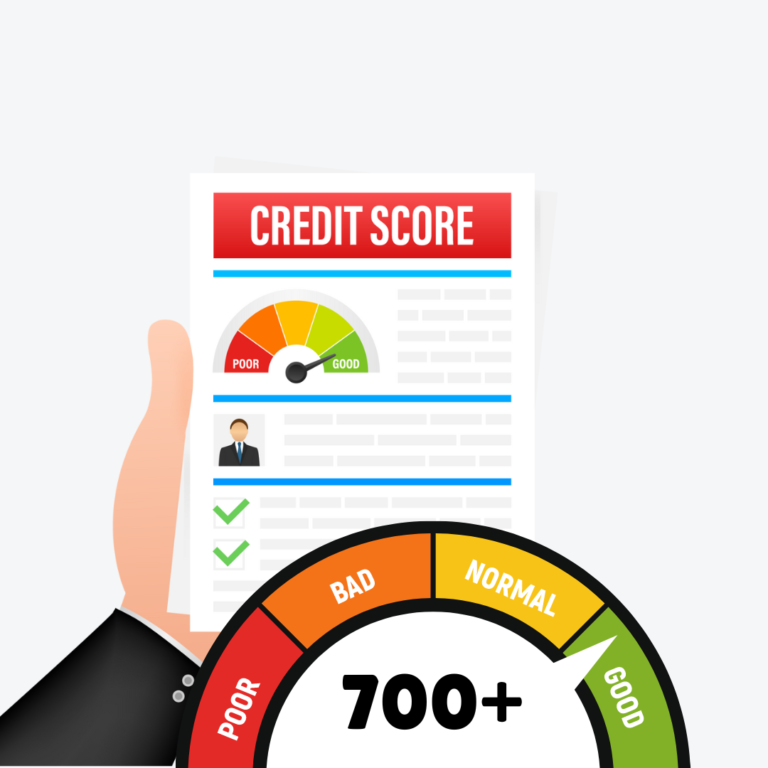
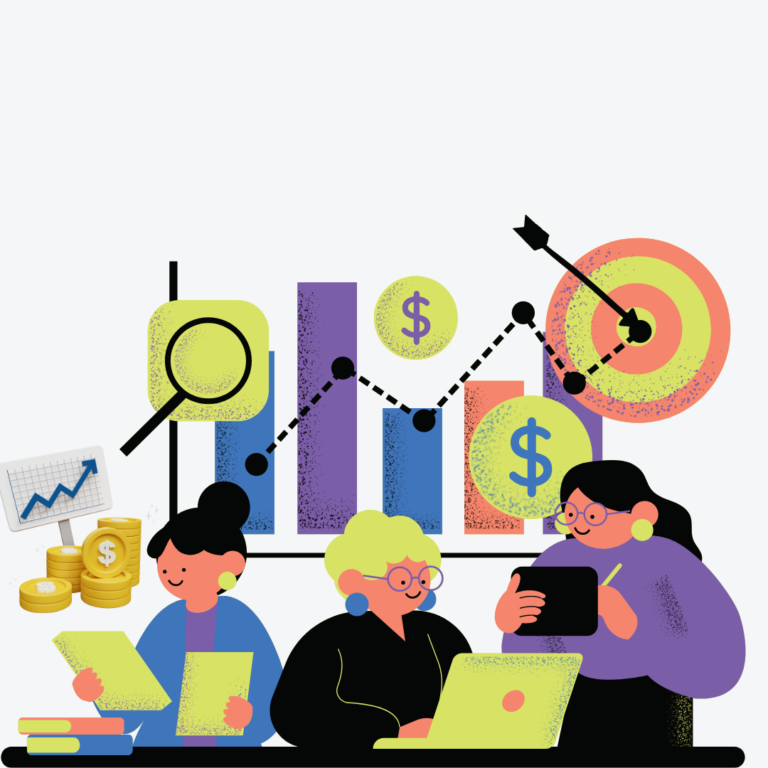

Bill discounting is not exactly a loan, but it functions similarly. It is a financial transaction where a business sells its unpaid invoices (bills of exchange) to a financial institution at a discounted rate in exchange for immediate cash.
Bill discounting would be considered a liability
Yes, purchase invoice discounting can be a good option for businesses looking to improve their cash flow.
With invoice discounting, one can get paid against unpaid invoices and fulfill their working capital finance needs. There is no collateral required.

Networth Advisory is a new-age financial services platform that brings lenders and borrowers together for a seamless and fuss-free loan disbursal experience. We are associated with the reputed Banks and Non-Banking Financial Companies (NBFCs) in the country. We offer competitive and reasonable loan interest rates.
Read more
Copyright 2025 | Networth Advisory
